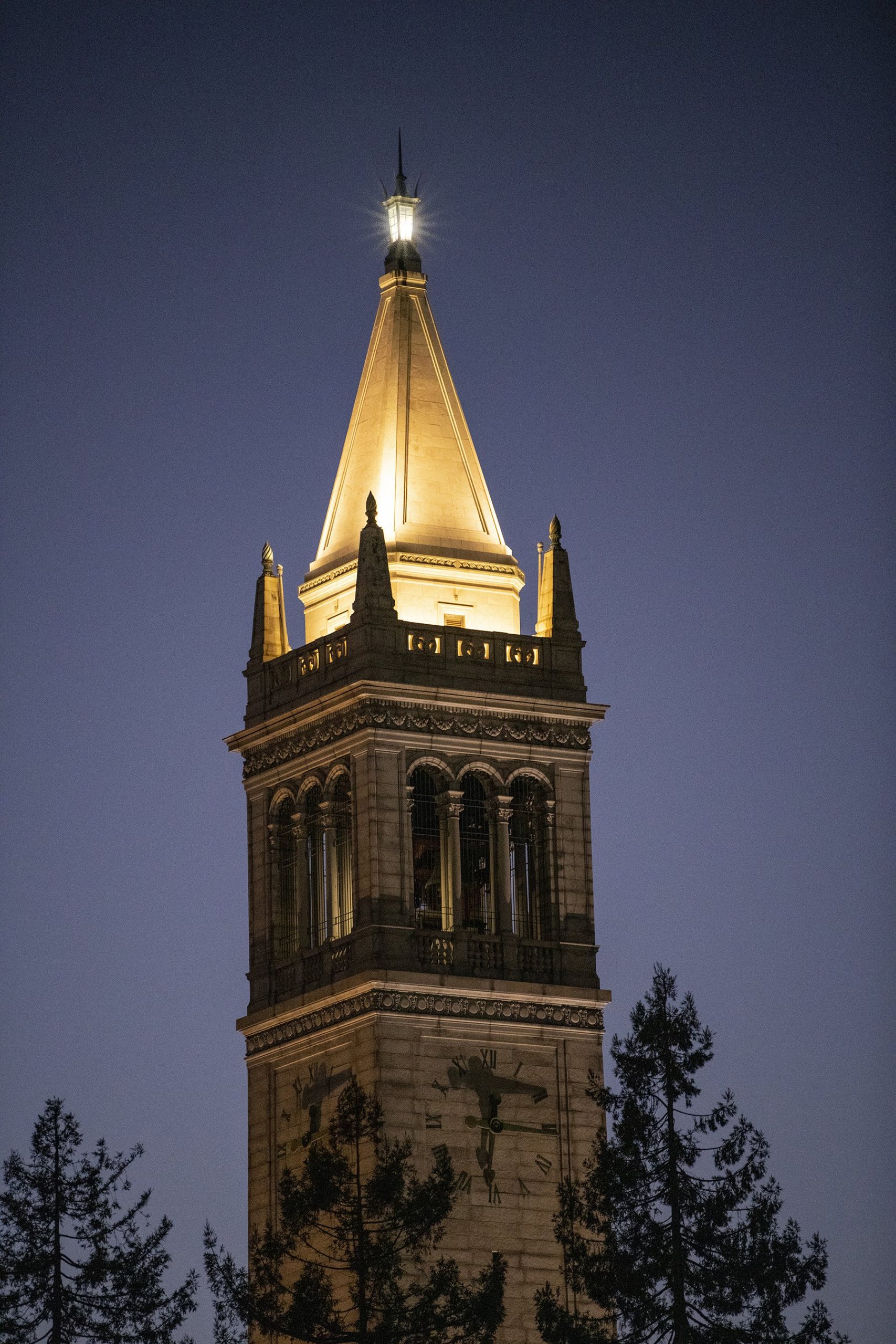Category: News
-
“I’m moving this university in the direction of institutional neutrality.”
In an interview with KQED, new Chancellor Rich Lyons said: We actually have a positive obligation under what’s called Title IX of the Civil Rights Act to make sure that students are given full access to all the educational opportunities without harassment, without intimidation. And at the same time, we have a positive obligation to…
-
Reminder on OFEW
The BIFI Executive Committee sent this message to faculty on August 20, 2025 Dear colleagues, As a new academic year begins, we’d like to offer a timely reminder that guidance by OFEW on search procedures and evaluation of candidates for faculty positions is advisory, and Senate faculty on search committees generally can choose whether or…
-
UC’s SB 108 Speech Guidelines
UC President Michael Drake, in response to a requirement imposed by California legislatures, released guidelines for all UC campuses to implement and enforce rules surrounding protests. The guidelines require several categories of rules: UC Berkeley’s implementation of the student conduct rules are here. UC Berkeley also has a more general summary here.
-
UCOP, Campuses Must Provide Free Speech, Climate Report
California’s budget bill specifies that UC campuses must issue a climate report on free speech, or risk losing $25 million in funding. The relevant portions of the bill are pasted below. 34. It is the intent of the Legislature that the University of California foster freedom of expression and the free exchange of ideas that…
-
Stanford tweaks institutional neutrality policy
According to the Stanford Report, the campus tweaked its institutional neutrality and free speech policies. The new institutional policy reads: When speaking for the institution, Stanford University leaders and administrators should not express an opinion on political and social controversies, unless these matters directly affect the mission of the university or implicate its legal obligations.…
-
Harvard FAS will replace DEI statements with service statement
The Crimson reports that Harvard’s Faculty of Arts and Sciences will no longer require DEI statements of faculty candidates: [Dean of Faculty Affairs and Planning] Zipser wrote that she and FAS Dean Hopi E. Hoekstra “made this change in response to feedback from numerous faculty members” who expressed concern that existing requirements were “too narrow…
-
Harvard didn’t plagiarize Chicago’s Kalven approach
In the Report on Institutional Voice in the University, the Institutional Voice working group wrote, the “university and its leaders should not…issue official statements about public matters that do not directly affect the university’s core function.”
-
Citing Free Expression, Efficacy, MIT Drops DEI Statements
MSN reports: “MIT will no longer require diversity statements in its faculty-hiring process, making it the first elite university to abandon the practice.” MIT President Sally Kornbluth told the National Review, “We can build an inclusive environment in many ways, but compelled statements impinge on freedom of expression, and they don’t work.” This is significant…
-
Fish’s view of the role of the university
Stanley Fish writes in the Lamp: Nothing in our charters, employment contracts, or compliance requirements directs us or authorizes us to play a role on the world’s stage. No applicant for a position is asked to produce political credentials; the credentials you must produce are academic. What training have you had in the field in…
-
Kennedy on DEI Statements
Harvard Law’s Randall Kennedy writes in the Crimson that DEI statements create a ideological litmus test: By overreaching, by resorting to compulsion, by forcing people to toe a political line, by imposing ideological litmus tests, by incentivizing insincerity, and by creating a circular mode of discourse that is seemingly impervious to self-questioning, the current DEI…
